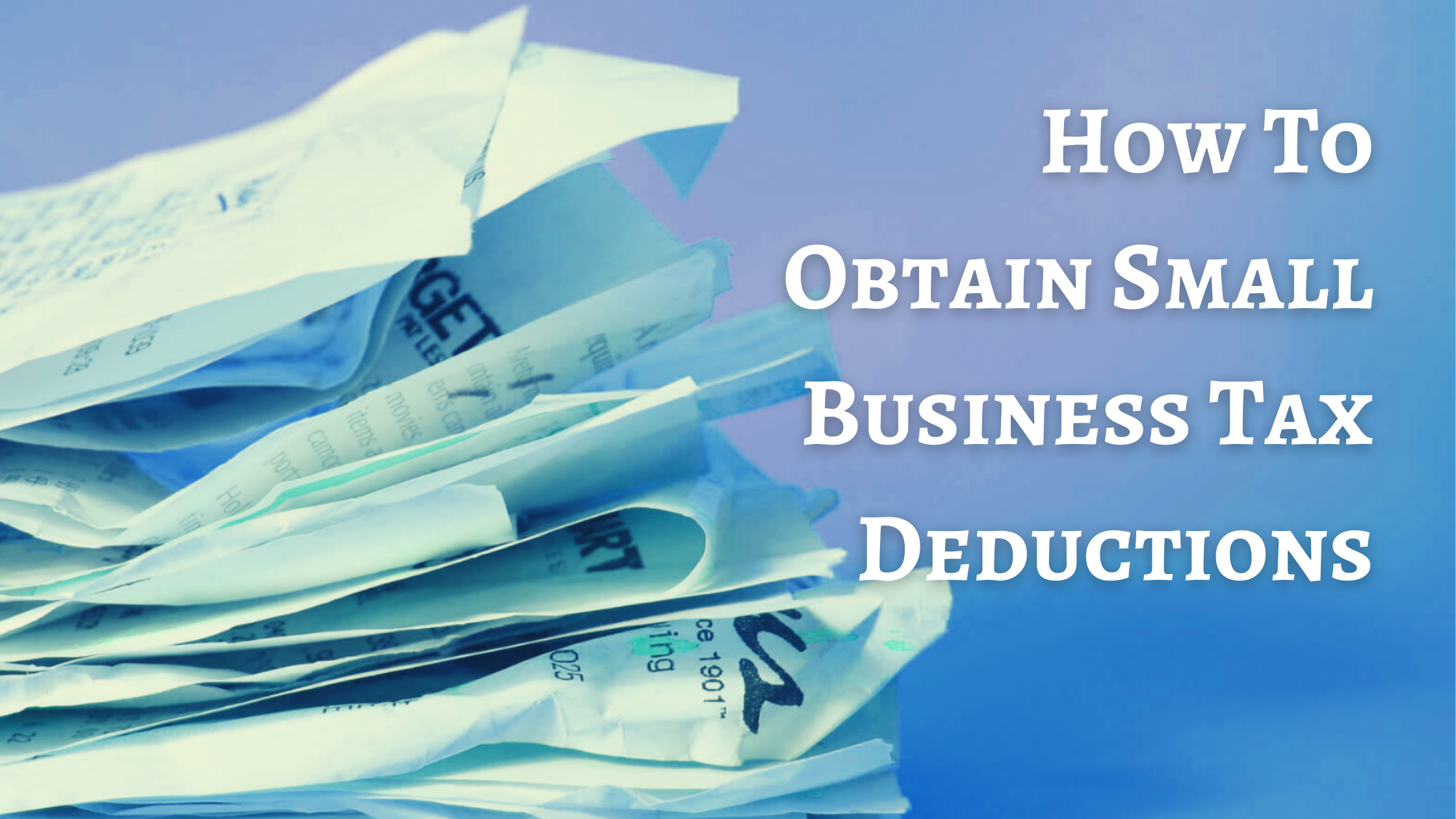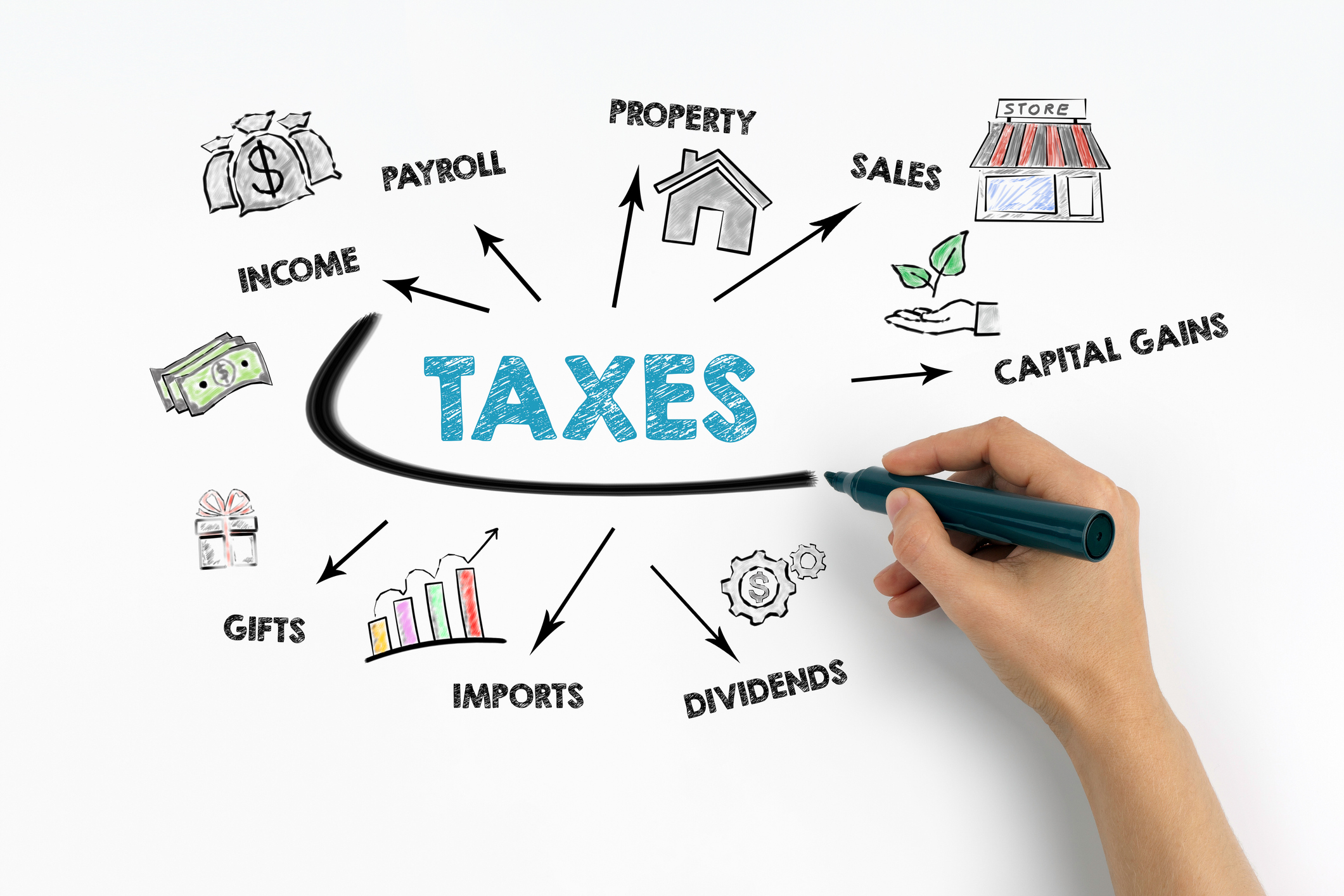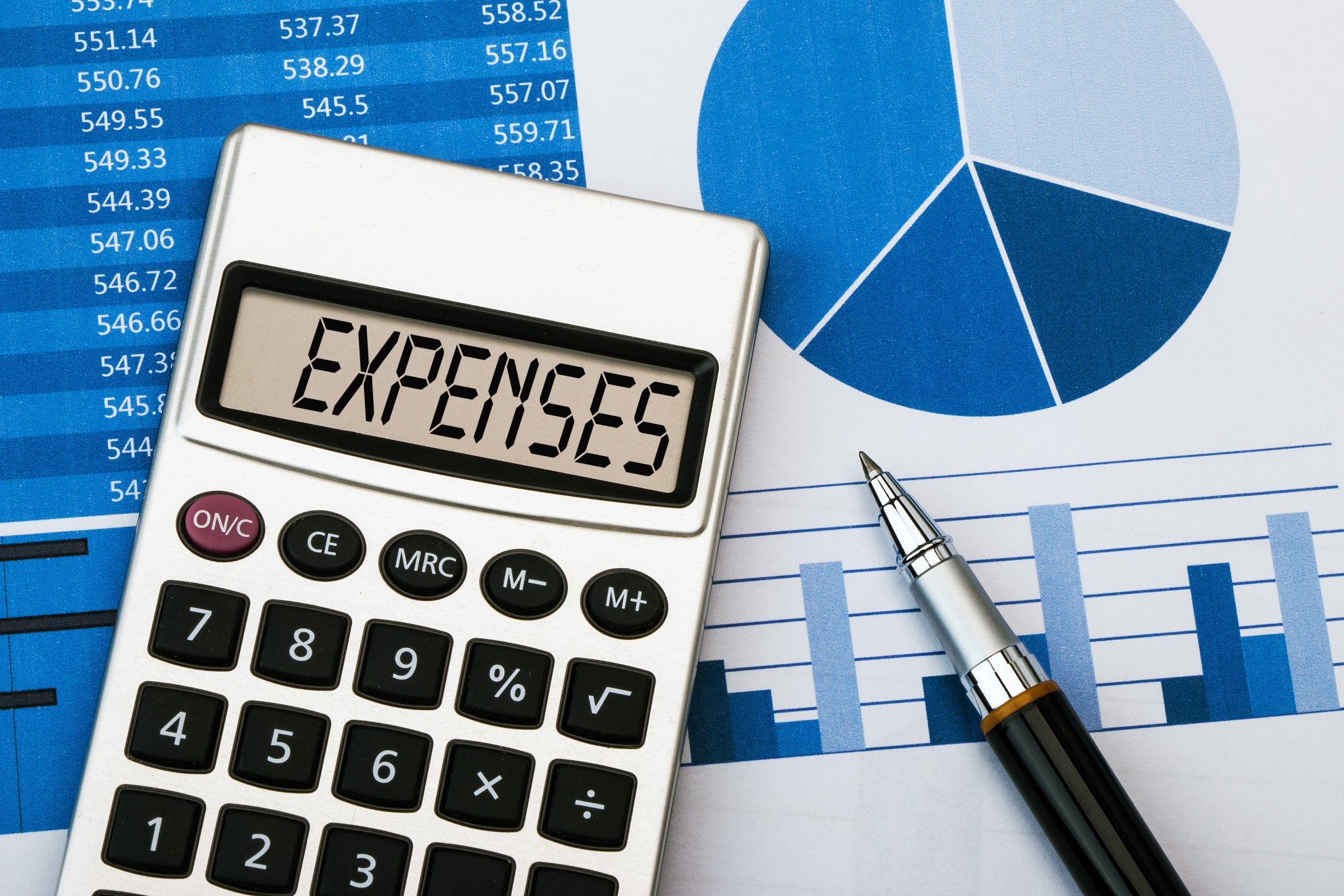
Are you a business owner feeling overwhelmed by the complexities of tax deductions? Imagine navigating a dense forest without a map—that's what handling business taxes can feel like without the right guidance. But fear not! This comprehensive guide will equip you with the tools to master business tax deductions effectively. Let's dive in and turn that tax jungle into a well-trodden path.
Understanding Business Tax Deductions
Business tax deductions are expenses that you can subtract from your taxable income. These deductions reduce the amount of income subject to tax, thereby lowering your overall tax liability. Think of it as a shield against the IRS's tax sword—the more deductions you claim, the less you pay.
What Qualifies as a Deductible Expense?
According to the IRS guidelines, a deductible expense must be both ordinary and necessary. Ordinary expenses are common and accepted in your trade or business. Necessary expenses are helpful and appropriate for your business. For example, if you run a bakery, buying flour is an ordinary and necessary expense.
Key Tax Strategies for Business Owners
1. Keep Meticulous Records
Record-keeping is the backbone of effective tax planning. Maintain detailed records of all your business expenses, including receipts, invoices, and bank statements. This not only helps you claim all eligible deductions but also protects you in case of an IRS audit.
2. Utilize Technology
Leverage accounting software and apps to streamline your record-keeping. Tools like QuickBooks and Xero can help you track expenses, generate reports, and even file your taxes. These platforms make it easier to stay organized and maximize your deductions.
3. Consult a Tax Professional
A certified public accountant (CPA) or tax attorney can provide invaluable insights and strategies tailored to your business. They can help you navigate complex tax laws, identify deductible expenses, and plan for future tax obligations.
Common Business Expenses You Can Deduct
1. Operating Expenses
These include costs related to the day-to-day running of your business, such as rent, utilities, and office supplies. Ensure you keep receipts for all these expenses to support your deductions.
2. Employee Salaries and Benefits
Wages, salaries, and benefits paid to employees are deductible. This includes health insurance premiums, retirement plan contributions, and other employee benefits.
3. Marketing and Advertising
Expenses related to promoting your business, such as advertising campaigns, website development, and marketing materials, are typically deductible.
4. Travel and Entertainment
Business-related travel expenses, including flights, hotels, and meals, can be deducted. However, the IRS has strict guidelines on what qualifies as a deductible travel expense, so be sure to consult the latest rules.
5. Depreciation and Amortization
Assets like equipment, vehicles, and buildings can be depreciated over time. This allows you to deduct a portion of their cost each year. Similarly, intangible assets like patents and trademarks can be amortized.
Navigating IRS Guidelines
The IRS provides detailed guidelines on what qualifies as a deductible expense. Familiarize yourself with these rules to ensure you're claiming all eligible deductions. The IRS website is a valuable resource, offering publications, forms, and instructions to help you understand and comply with tax laws.

Staying Compliant
Compliance is crucial when it comes to tax deductions. Ensure you follow all IRS guidelines and keep accurate records. Non-compliance can lead to penalties, interest, and even legal action.
Tax Planning for Future Success
Effective tax planning involves looking ahead and strategizing to minimize your tax liability. This includes:
1. Timing Your Expenses
Consider the timing of your expenses to maximize your deductions. For example, you might choose to prepay certain expenses at the end of the year to reduce your taxable income for that year.
2. Investing in Your Business
Investing in assets that can be depreciated or amortized can provide long-term tax benefits. For instance, purchasing new equipment can increase your deductions over several years.
3. Reviewing Your Tax Situation Regularly
Regularly review your tax situation with a professional to identify opportunities for savings and ensure compliance with changing tax laws.
Conclusion
Mastering business tax deductions is like navigating a complex maze, but with the right tools and strategies, you can find your way through. By understanding what qualifies as a deductible expense, keeping meticulous records, utilizing technology, and consulting tax professionals, you can effectively manage your business taxes.
Remember, tax planning is not a one-time event but an ongoing process. Stay informed about IRS guidelines, invest in your business, and review your tax situation regularly. With these strategies, you can minimize your tax liability and maximize your business's financial health.
FAQs
What is the difference between a tax deduction and a tax credit?
- A tax deduction reduces your taxable income, while a tax credit directly reduces the amount of tax you owe.
Can I deduct the cost of meals and entertainment for business purposes?
- Yes, but the IRS has specific rules about what qualifies. Generally, you can deduct 50% of the cost of business meals and entertainment.
What happens if I claim a deduction that is not allowed by the IRS?
- Claiming an ineligible deduction can result in penalties, interest, and potential legal action. It's crucial to ensure all claimed deductions are compliant with IRS guidelines.
How often should I review my tax situation with a professional?
- It's recommended to review your tax situation at least annually, preferably with a certified public accountant or tax attorney.
Can I deduct the cost of software and technology used for my business?
- Yes, software and technology expenses are generally deductible as long as they are ordinary and necessary for your business operations.

By following this guide, you'll be well on your way to mastering business tax deductions and ensuring your business thrives financially. Happy tax planning!
Posting Komentar